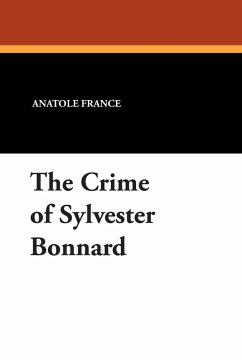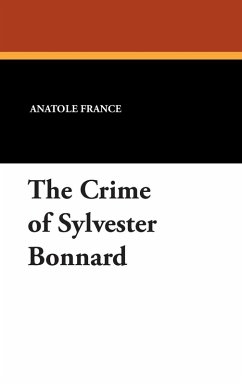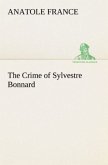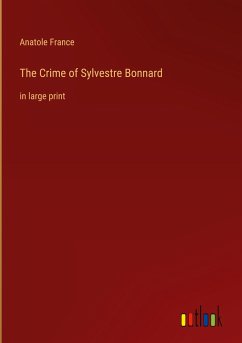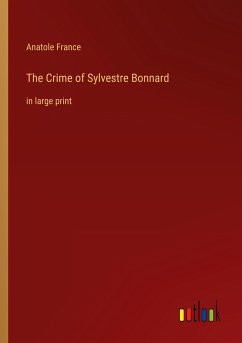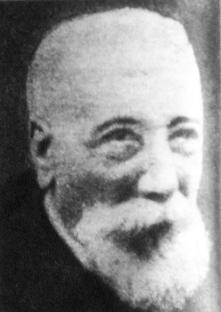novel by Anatole France, first published in 1881. It was his first full-length novel and established his reputation as a leading French writer. The book won the prestigious Prix de l'Académie française. The novel follows Sylvester Bonnard, an elderly scholar and member of the Institute of France, who is dedicated to his work in philology and history. Bonnard is portrayed as a kind and gentle man whose scholarly pursuits lead him into unexpected adventures. The "crime" in the title refers to his decision to rescue a young girl, Jeanne Alexandre, from an abusive guardian, which puts him in conflict with the law. Through Bonnard's character, France explores themes of humanism, morality, and the pursuit of knowledge. The novel is marked by its warmth, humor, and philosophical reflections on the nature of goodness and the complexities of human relationships. France's portrayal of Bonnard as a compassionate and thoughtful individual highlights the tension between societal rules and personal ethics.
Hinweis: Dieser Artikel kann nur an eine deutsche Lieferadresse ausgeliefert werden.
Hinweis: Dieser Artikel kann nur an eine deutsche Lieferadresse ausgeliefert werden.

